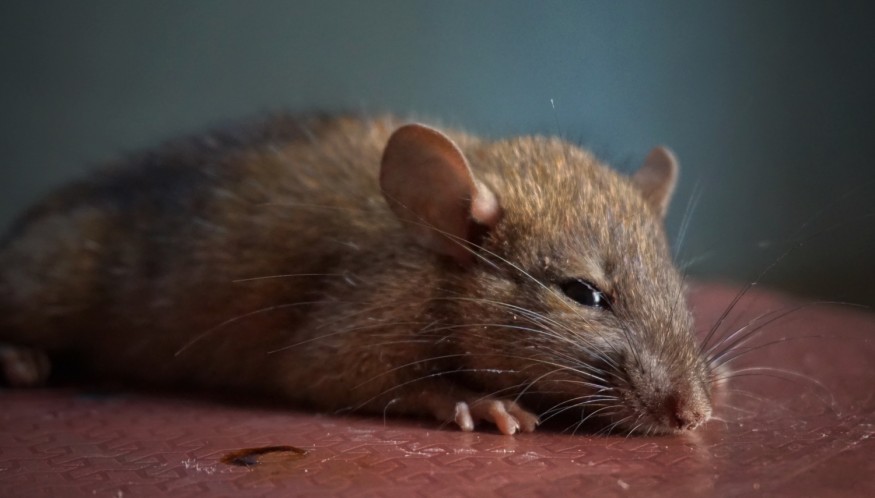Researchers from the Universities of Göttingen, Bern, and St. Andrews discovered an interesting relationship between the scent of a cooperating rat and the helpfulness of other rats who smell such odor.
Through a series of tests, researchers found out that a rat's odor that is engaged in helpful behavior triggers a helpful response from other rats. This is the first study to delve into the effects of odor on helpfulness in rats.
The Surprising Response
In research published in the Proceedings of the Royal Society B., the researchers detailed the experiment that helped them arrive at their conclusion.
The test set-up consisted of rats choosing to help another rat by pulling a platform containing food reward for the rat in another cage. This would not provide any immediate benefit to them.
Then, the test rats were provided either with the smell of a rat helping another rat in the room or with the smell of a rat that was not.
Researchers noted that just the cooperating individual rat's smell was enough to elicit helpful behavior in other rats.
According to Dr. Nina Gerber from the Wildlife Sciences at the University of Göttingen, "Test rats increased their own helping behavior when they were presented with the smell of a helpful rat." She also clarified that the response depends solely on the rat's behavior and is not due to any "special smell" for certain nice rats.
The "smell of cooperation" is linked to the actual activity of helping instead of being connected to an individual rat. This means that the same individual rat can release the scent of being helpful or not.
The experiment placed physical cues above experience in encouraging cooperation as the test rats responded positively to the scent even if they did not experience the helpful behavior themselves.

Rats as Social Animals
Rodents seem to have earned an unpleasant reputation. However, it cannot be overlooked that these smart animals are also very social. Aside from being naturally curious, they also have a strong memory and are excellent learners.
They communicate with one another using high-frequency sounds that are inaudible to human ears. They develop an attachment with other rats and could easily recognize their own family members. Given this personality, they need to be around other rats.
Rats are also highly trainable, making them a famous subject of different studies. They respond well to a food-based reward.
Contrary to common perception, domesticated rats are clean. They also enjoy grooming each other, sometimes even gathering in groups for a group grooming session.
They also make affectionate pets as they can easily bond with their human owners. Like other domesticated pets, they enjoy gentle strokes and massage, a scratch behind their ears, or a tickle.
The brain structure that regulates empathy among rodents is similar to humans. Previous researches revealed that rats assist other rats that are in need. They also remember rats that have helped them and would return the favor. Domestic rats also avoid harming other animals.
Opportunities for Future Studies
Although people do not communicate through scent in the same fashion the rats do, some studies in the past indicate the importance of smell in increasing trust or finding partners. Dr. Gerber said that the "smell of cooperation" in humans would be an interesting focus for future studies.
Check out more news and information on Animals on Nature World News.
© 2026 NatureWorldNews.com All rights reserved. Do not reproduce without permission.





